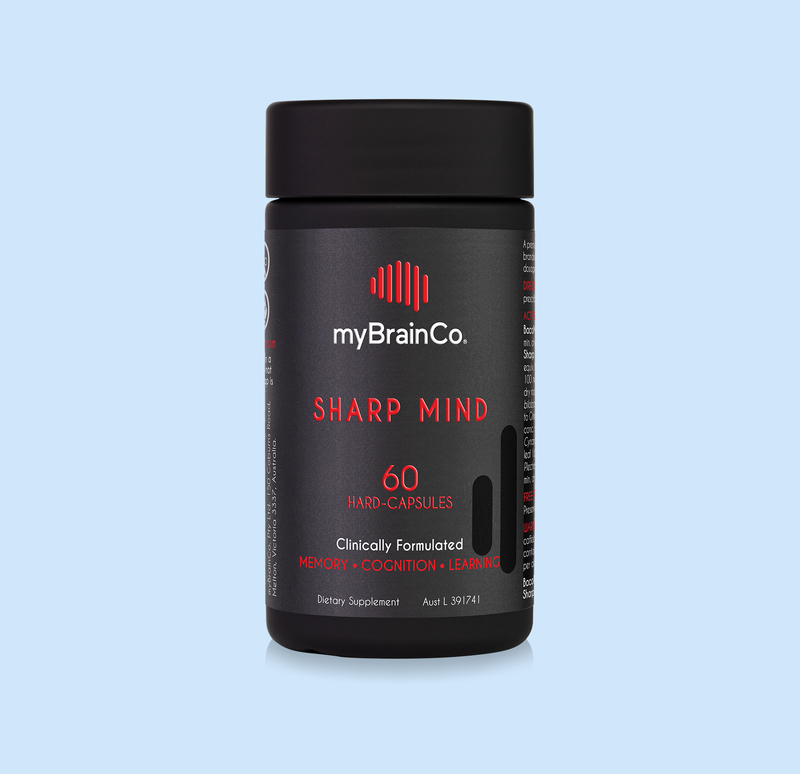When you're struggling with gut issues, sometimes all your gut needs is a little love, attention, and gut-friendly nourishment to bring it back into balance. However, in some circumstances something more sinister can be going on underneath that’s interrupting your healing journey. Finding the root cause for your ongoing gut issues can be essential for effective, long-term treatment success. There are many testing options that you can consider to help you get a better understanding of what's happening in your digestive system.
Here’s a comprehensive guide to ten tests that can offer valuable insights into your gut health.
1. Hydrogen/Methane Breath Test
This test measures hydrogen and methane gases on your breath after consuming a sugar solution. These gases are produced when bacteria in your intestines ferment sugars. High levels can indicate the presence of bacterial overgrowth in the small intestine, often associated with symptoms like bloating, diarrhoea, or constipation, particularly after eating. This test helps diagnose conditions like small intestinal bacterial overgrowth (SIBO), which may require specific treatments to resolve the problematic bacteria.
2. Microbiome Mapping
Microbiome mapping analyses the DNA of the microorganisms in your gut to give a detailed picture of your intestinal flora populations. This test can help you understand the diversity and balance of beneficial versus harmful bacteria. Results from this testing can provide insights that can guide dietary changes or targeted probiotic supplementation to improve gastrointestinal diversity and harmony.
3. Comprehensive Digestive Stool Analysis (CDSA)
For this test, you need to collect a stool specimen and package it up in the provided bag to send off to a laboratory for testing. The CDSA tests evaluate the composition of your stool to provide an overview of many aspects of your digestive health, including those important digestive enzyme levels, as well as whether there is the presence of undigested food, and the detection of pathogenic yeast, parasites, or certain bacteria. This broad-spectrum test can be useful for pinpointing issues like malabsorption or chronic gastrointestinal infections that are interrupting the rehabilitation and resolution of gut symptoms.
4. Intestinal Permeability Urine Test
Often referred to as a "leaky gut" test, this urinalysis examines your gut's ability to prevent larger particles from escaping through the gut lining into the bloodstream, which can trigger inflammation or immune responses that can cause ongoing damage to the gut. The test itself involves drinking a solution containing specific molecules that should not normally cross the gut lining and collecting urine over a series of hours. If there are increased levels of these particles in the final urine sample, it indicates there is a higher permeability of the intestinal wall due to cellular damage that needs to be repaired.
5. Food Allergy Panel
This blood test identifies potential food allergies by detecting antibodies called IgE that your body might produce in response to specific allergens. Knowing which foods trigger your immune system can help you tailor your diet to avoid those foods and alleviate related symptoms. Food allergies can be a common underlying barrier to successful gut healing, as the offending foods continue to be eaten, resulting in chronic gastrointestinal irritation and inflammation.
6. Calprotectin
This stool test measures the level of calprotectin, a protein found in white blood cells. Elevated calprotectin levels can indicate the presence of inflammation in the gastrointestinal tract, which is common in inflammatory bowel diseases like Crohn’s disease or ulcerative colitis. This test can be useful for monitoring inflammation severity and tracking the responses to treatments.
7. Gluten Sensitivity Genetic Screening
This genetic test checks for specific alleles associated with coeliac disease and non-coeliac gluten sensitivity. If you have these genes, you are far more likely to react negatively to any gluten you consume. This test is valuable for people considering whether to avoid gluten, which can be a very common culprit for ongoing, unexplained digestive symptoms.
8. Zonulin
Zonulin is a protein that regulates the tight junctions in our intestinal lining that are responsible for protecting us from unwanted molecules passing into the bloodstream. High zonulin levels can suggest increased intestinal permeability or leaky gut, which can contribute to various autoimmune and inflammatory disorders. Testing zonulin levels can help assess the integrity of your gut barrier or track the progress of gut healing interventions.
9. Histamine or Oxalate Testing
These tests can be valuable to measure the levels of histamine or oxalates in your body, which can be particularly high in certain gut disorders. High histamine levels can contribute to mood problems, allergic reactions and inflammation, while elevated oxalates may be linked with kidney stone formation, gut or joint pain and other health issues. Understanding whether histamine or oxalate are triggering inflammation or immune responses in our gut can guide dietary adjustments and gain better results from gut healing protocols.
10. Colonoscopy
A colonoscopy is a specialised test that allows a gastroenterologist to visually inspect the lining of your colon and rectum using a flexible tube equipped with a camera. This test can detect inflamed tissue, ulcers, and abnormal growths and is a first-line choice for diagnosing bowel diseases such as colorectal cancer or polyps. It’s not the most pleasant test and quite invasive, requiring day surgery, so often a colonoscopy is turned to when other gut investigations have not yielded any answers.
Gut Testing Can Provide Insights
Each of these tests offers specific insights into gut health, providing a clearer picture of what might be causing your discomfort. Discuss these options with your preferred healthcare professional, who will be able help guide you to the most appropriate tests based on your symptoms and medical history.



